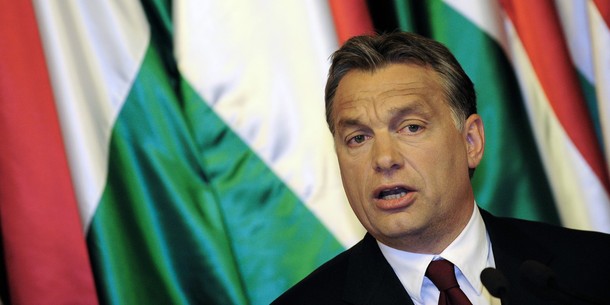
From the Washington Post: The last time he served as Hungary’s prime minister, Viktor Orban made himself a persona non grata in Washington, despite his country’s membership in NATO. The George W. Bush administration was offended by Mr. Orban’s habit of catering to Hungary’s extreme right, which still embraces 1930s-style nationalism and anti-Semitism. Ousted in an election in 2002, Mr. Orban spent eight years in opposition before winning a landslide victory in April that gave his party a two-thirds majority in parliament — enough to govern without help from the far right. Many Hungarians figured that Mr. Orban would temper his formerly polarizing policies. So far, he hasn’t.
Among the first acts of Mr. Orban’s new government was a law granting passports to ethnic Hungarians living in other countries — a measure aimed at the large Hungarian minorities in Slovakia, Romania and Serbia. Given that the first two are fellow members of the European Union and the third is a candidate, there would seem to be little need for such a measure. But Mr. Orban was, once again, pandering to those in his country who have never accepted the 1920 Treaty of Trianon, which reduced Hungary to its present borders.
The passport measure might be dismissed as symbolic. But a second major initiative of the new government — an attempt to impose sweeping new controls on the media — is not. As a first step, Mr. Orban used his huge parliamentary majority to abolish a constitutional provision aimed at "preventing information monopolies." His party then introduced legislation, to be voted on this month, that would merge several authorities now overseeing public television and radio channels and create a powerful media council to regulate them as well as private broadcasters. The chairman of the council would be appointed by Mr. Orban, and other members would be nominated by the ruling party. The effect, as the leader of the opposition Socialist party pointed out, would be "to change the public media into the party media" — a phenomenon not seen in Central Europe since the collapse of Communist rule. (photo: Getty)
Image: getty%207%2019%2010%20%20Viktor%20Orban.jpg
